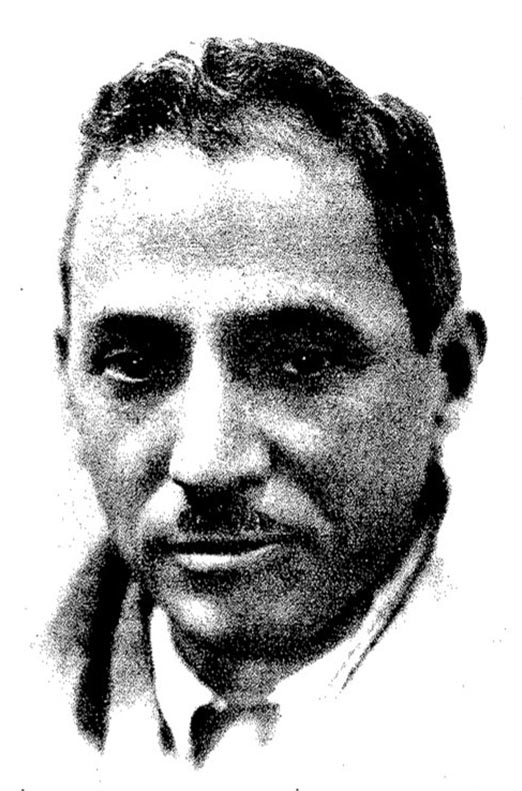
This copy is copyright protected.
Copyright © 2025 Geographicus Rare Antique Maps

Henry Monsel Cumine (甘克明; July 7, 1882 - July 20, 1951) was a prominent Scottish-Chinese architect, real estate developer, cartographer, and newspaper publisher in Shanghai in the early 20th century. He was often erroneously referred to as Irish in contemporary documents, but his father was Scottish and his mother Chinese. Cumine and his wife Winifred Greaves (also Eurasian or mixed-race) had seven children, one of whom, Eric, also became a prominent architect himself and racing enthusiast discussed in James Carter's 2020 book Champions Day: The End of Old Shanghai. Despite a strong affinity for his Scottish roots, H. M. Cumine was born in Shanghai and spoke Mandarin, Shanghainese, and Cantonese in addition to English, no doubt an asset in his business dealings. As a youth, he studied architecture in the offices of the Shanghai Municipal Council and worked on several public projects, as well as teaching at the Tong Shan Engineering and Mining College and working as an editor for an English-language newspaper in Hankow (now Wuhan). In 1901, at the age of 21, he founded the China Land and Building Company (上海錦名洋行), quickly establishing the company as one of the main architectural and real estate firms in the fast-growing city. He was soon considered a leading expert of the time on the complex land regulations of Shanghai. Cumine amassed a tremendous fortune and built an impressive 16-room mansion known as the Ferryhill House in the French Concession. Continuing his earlier experience with newspapers, Cumine bought the Shanghai Mercury, one of the main English dailies in Shanghai, in 1928. In 1938, he either launched or bought a recently-launched Chinese-language paper, the Wenhui bao (文匯報), known in English as The Standard. Created in the wake of Japan's occupation of the Chinese-administered parts of Shanghai, the paper quickly developed a reputation as a safe haven for patriotic Chinese writers to rail against the Japanese invaders. Cumine's involvement with the paper seems to have been short-lived, and over time it became a leading left-wing paper aligned with the Chinese Communist Party, acting as their 'voice' in Hong Kong, especially in the years before the 1997 handover of sovereignty. In any event, Cumine was not poised to do well financially or politically under Japanese occupation and his family relocated to Hong Kong during the Second Sino-Japanese War.
Copyright © 2025 Geographicus Rare Antique Maps | Geographicus Rare Antique Maps

This copy is copyright protected.
Copyright © 2025 Geographicus Rare Antique Maps